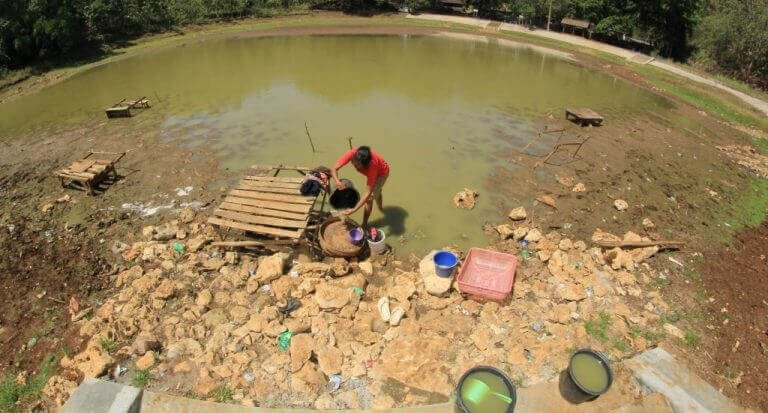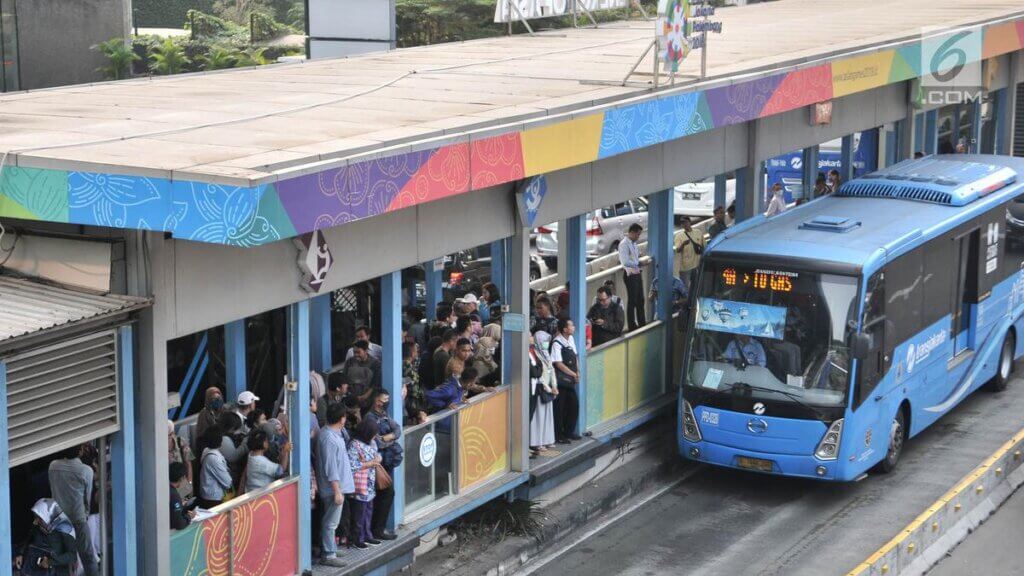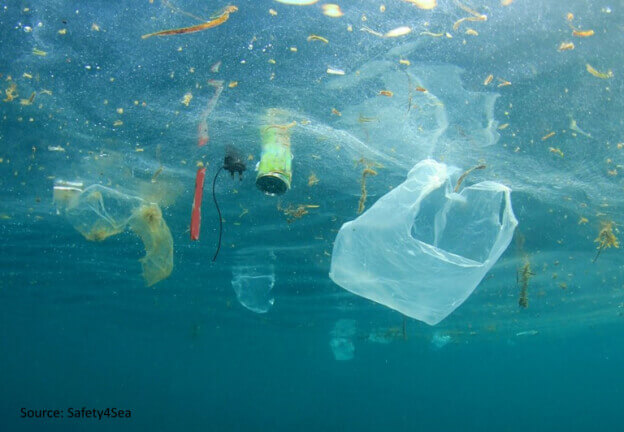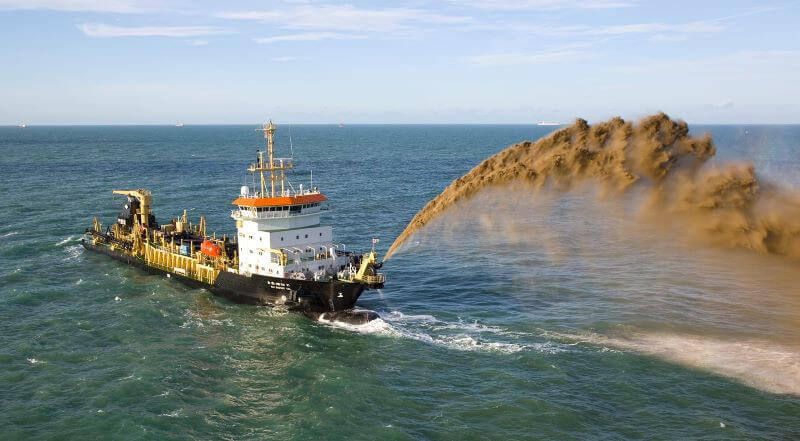We celebrate the World Water Day on March 22nd. The day is used to advocate for the sustainable management of freshwater resources, celebrates water and raises awareness of the 2.2 billion people living without access to safe water. The theme of each day focuses on topics relevant to clean water, sanitation and hygiene (WASH), which is in line with the targets of Sustainable Development Goal 6.
SDGs 6 and 13 about climate change link a lot to each other. Climate change is often discussed in terms of carbon emissions, but people feel the impacts largely through water. According to WaterAid, climate change is causing rising temperatures, means increasingly severe floods, droughts and unpredictable weather patterns across the world, damaging water supplies and sanitation services.
How does climate change link to the water crisis?
Climate change is disrupting weather patterns, leading to extreme weather events, unpredictable water availability, exacerbating water scarcity and contaminating water supplies. Such impacts can drastically affect the quantity and quality of water that children need to survive.
Water is a natural resource and will always remain on earth through the hydrologic cycle. The hydrologic cycle of evaporation, condensation, precipitation, runoff, and back to evaporation provides life-giving rains for crops and forests, generates the runoff we see flowing in our rivers and streams, and refreshes the oceans that are the nurseries for much of the life on the planet. Yet as the climate changes, the hydrologic cycle must change as well.
Rising temperatures are causing more evaporation and more demand for water by agriculture and natural ecosystems. Storms and flooding are caused by high heat and moisture in the atmosphere. Warmer atmosphere indicates more water in the air. As air holds more water, rain clouds may contribute to severe storms and flooding.
Warming lakes and streams are beginning to devastate fisheries and change water quality and living conditions for countless aquatic organisms. Droughts are becoming more severe under the influence of climate change. Rising sea levels will increasingly damage coastal wetlands as well as devastate communities that cannot afford to build massively expensive coastal defenses or to relocate.
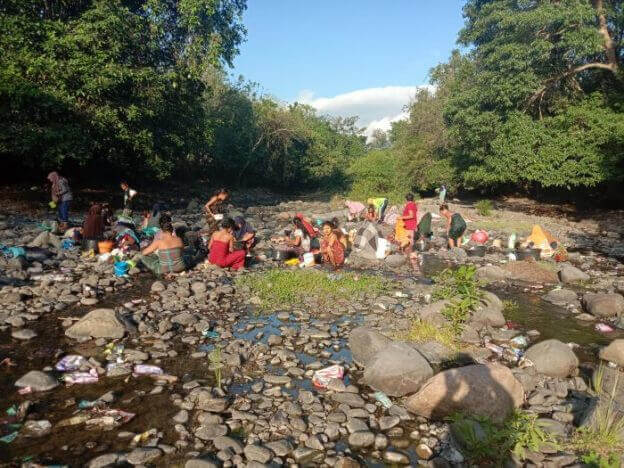
Furthermore, rain seasons will become shorter, creating more days when irrigation is needed and therefore increasing water demands. Warmer water in streams and rivers has an impact on metabolism, life cycle, and behavior of aquatic species. These cumulative impacts on water resources make water availability harder to predict and manage. This is intensifying problems for areas that are already experiencing such impacts and extending water stress into new places that will need to learn and adapt.
In Indonesia, the water crisis is also a dire issue. According to the research by Eva Wishanti in The Conversation, there are still a great number of East Nusa Tenggara citizens that have to walk six to ten kilometers to buy clean water with the price of Rp 2000 for each 20 litres worth of jerrycan. In 2021, the price went up to Rp 2500 for 20 litres.
In the capital of East Nusa Tenggara province Kupang, one tank of clean water could reach Rp 200.000. In 2017, 48 out of 51 sub districts in Kupang suffered from water stress that the local government supplied 100 tanks of clean water. In the dry season, the water supply from Regional Water Supply Company (Perusahaan Daerah Air Minum, PDAM) is usually reduced, thus the water service supply to households could drastically decrease to just one day a week. This raised a systemic problem that may hamper the National Strategy of Community Based Total Sanitation (Sanitasi Total Berbasis Masyarakat – STBM).
As shown from the discrepancy of the water crisis in Java and Nusa Tenggara, water crisis also link to economic inequality. Eva also stated that this national phenomenon isn’t just because of climate change; but it’s a structural problem and governance crisis. The country and the government should act more than managing the water supply, and this gap shows that they haven’t played much of a role in supplying clean water.
What can be done?
While not every element of a water crisis is related to climate, some of them are, and others have been exacerbated by it. Therefore, one way to reduce future water impacts is to reduce climate change impacts.
The leading cause of climate change is heat-trapping gases that mainly result from the burning of fossil fuels from our energy and transportation sectors. Emissions are also an animal agriculture, waste management, and industry by-product. Systemic actions by implementing sustainable consumption and production to reduce heat-trapping gas emissions are our best chance to reduce climate change impacts, including the increasingly serious water crisis.

Our energy supply and transportation systems must come from renewable energy sources; we need to reduce food waste, switch towards a more plant-based diet and protect our forests. We also need to increase the collective act of environmental awareness to broaden its impact. These actions must consider the needs of the most vulnerable communities, as the effects of climate change disproportionately affect them.
When we don’t have the access to reach those in Nusa Tenggara, we could also help saving clean water at home in various ways. Take shorter showers, turn off the water while brushing your teeth or when you apply soap while washing your hands. Don’t forget to check your toilets, faucet, or pipes for leaks! The sooner it gets repaired, you could save more water.

